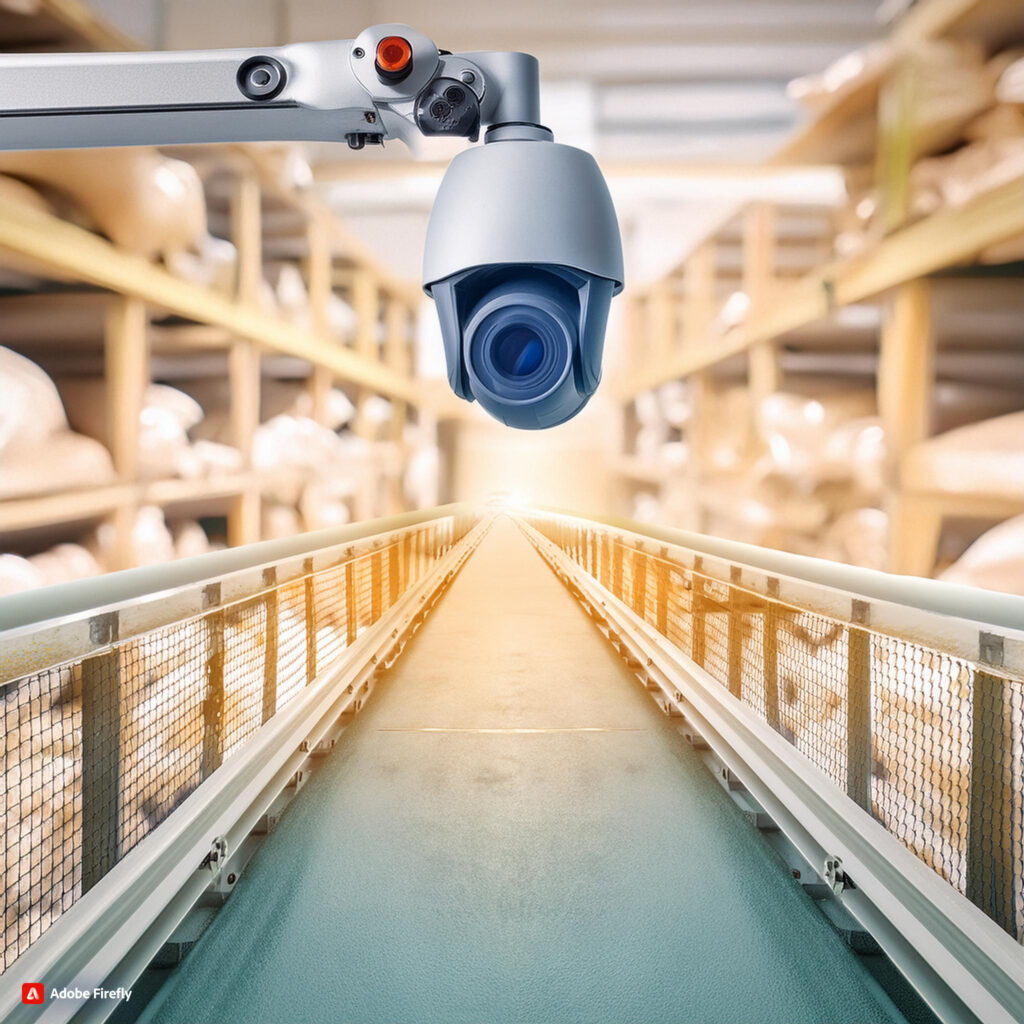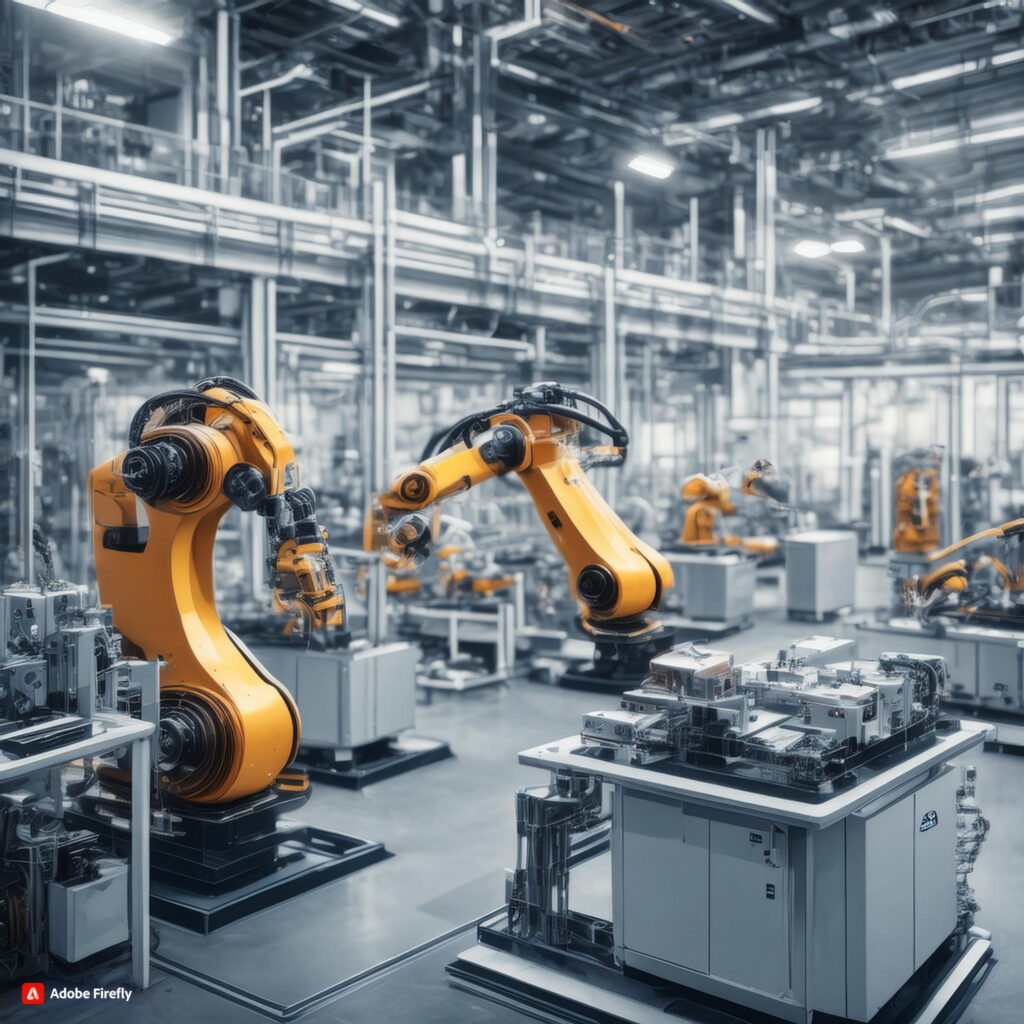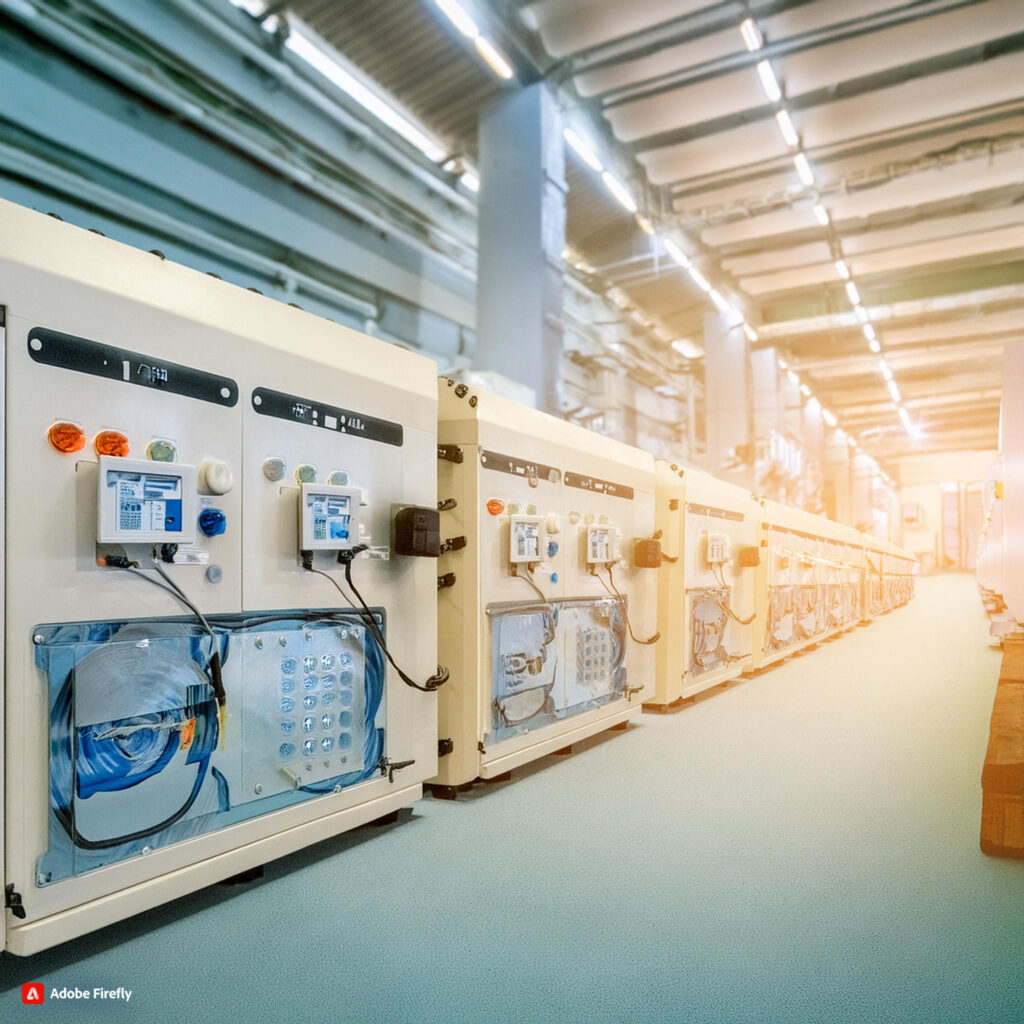Smart Factories
AI in Smart Factories: Benefits and Applications
Explore the advantages of implementing AI in smart factories to optimize productivity, quality, risk management, and sustainability. AI technology enhances efficiency, reduces downtime, and improves worker safety.

Benefits of AI in Smart Factories
1. Increased Efficiency
AI-powered automation and predictive maintenance streamline operations, reduce downtime, and optimize resource utilization.
2. Enhanced Quality Control
AI algorithms enable real-time monitoring and analysis of production processes, ensuring consistent quality and minimizing defects.
3. Predictive Maintenance
AI-driven predictive maintenance systems can anticipate equipment failures and schedule maintenance proactively, preventing costly downtime.
4. Data-driven Decision Making
AI analytics provide actionable insights from vast amounts of data, enabling informed decision-making to improve overall performance.
5. Flexible Manufacturing
AI-powered robots and cobots (collaborative robots) enable flexible manufacturing processes, accommodating customization and rapid changes in production demands.
6. Improved Safety
AI technologies, such as computer vision and sensors, enhance workplace safety by identifying hazards, preventing accidents, and ensuring compliance with safety protocols.
AI Applications in Smart Factories

Predictive Maintenance Systems
AI-driven predictive maintenance systems monitor equipment health in real-time, identifying potential issues before they escalate, and scheduling maintenance proactively to avoid disruptions.

Quality Control Systems
AI-powered image recognition and machine learning algorithms inspect products for defects, ensuring consistent quality and compliance with standards.

Robotics and Automation
AI enhances robotics and automation in smart factories, enabling autonomous operation, collaborative robots (cobots), and adaptive manufacturing processes.

Supply Chain Optimization
AI algorithms optimize supply chain management processes, including inventory management, demand forecasting, and logistics planning, to minimize costs and improve efficiency.

Energy Management
AI-based energy management systems analyze energy consumption patterns and optimize usage, reducing costs and environmental impact while ensuring sustainable operations.
